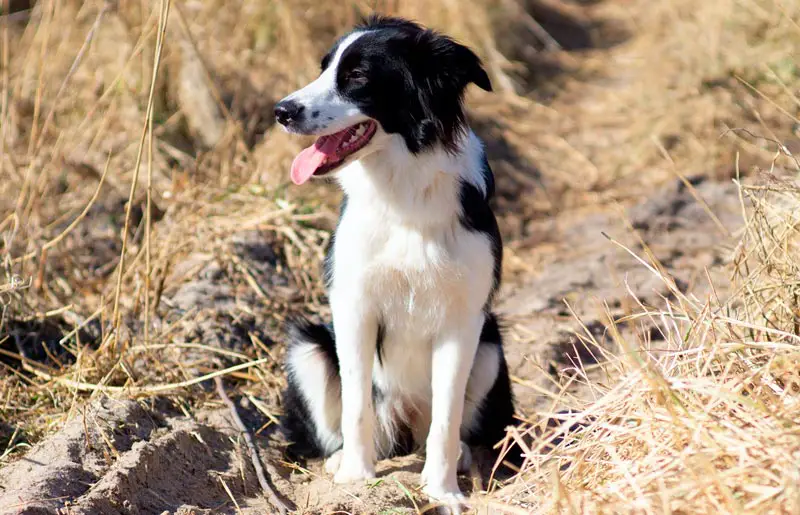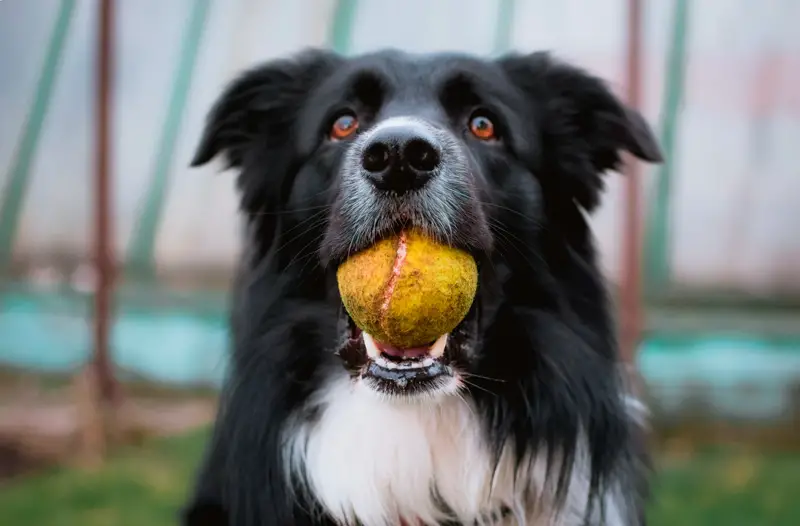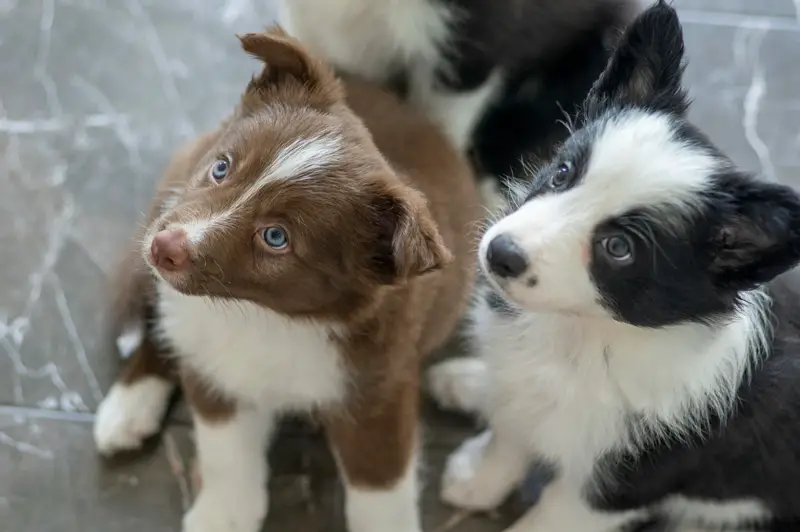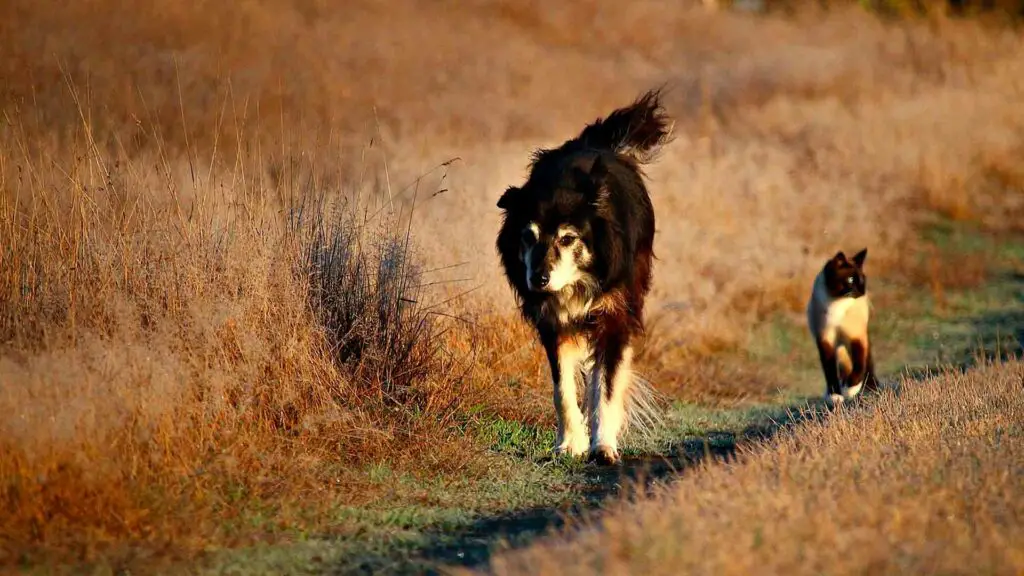It’s not easy to watch your furbaby get all cranky when you try petting them or simply sitting near them. Most dogs enjoy being around humans and love getting cuddles from their owners and other furry friends. But some canines don’t necessarily enjoy a regular pet life, or at least they don’t seem to.
Many people believe that a dog’s breed has a lot to do with the dog’s nature. Assumptions like Labradors are the most friendly, Chihuahuas are hyperactive, or Border Collies are naturally aggressive, float around all the time. We are here to take a look at the last one.











